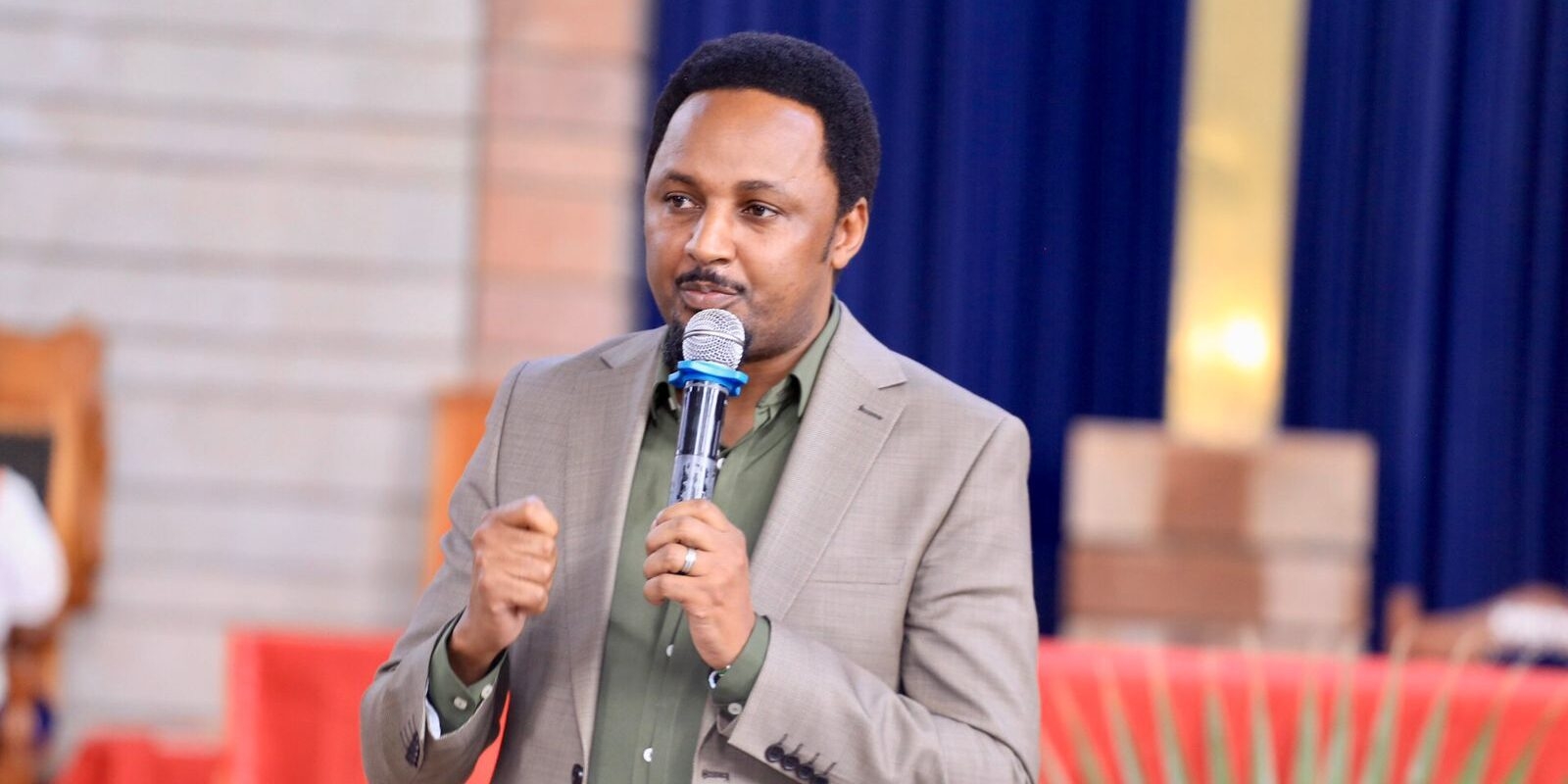One of the most puzzling developments during the recent election campaigns was the failure of (now retired) President Uhuru Kenyatta to mobilise the voters in his Mt Kenya regional backyard to follow his lead when it came to the presidential vote.
As I have mentioned in a previous column, this was because for as long as I could remember, whatever might have been the voting patterns in the rest of the country, the political backyard of any serving Kenyan president was always obedient in following his direction, even if the voters there had deep misgivings about this direction.
And what I found most amazing was that even when those leaders within Central Kenya who remained loyal to the president right up to the August election, pointed out Uhuru Kenyatta’s legacy achievements on infrastructure, they were met with this response by some Central Kenya voters: “We cannot eat roads”.
I say amazing because I am of a generation that grew up mostly during the Daniel Moi presidency (1978 to 2002) and so was accustomed to seeing on the evening news of the state broadcaster, KBC, senior leaders from just about every corner literally begging President Moi to “give them a road”.
And this issue of new or improved roads was no joking matter: in a country where the great majority live in rural areas and depend on farming for their subsistence. It is better roads that make it possible to deliver a sugarcane harvest to the factories in Western Kenya, or tea to the factories in the Central highlands.
In the absence of such improved roads, all it would take is an unusually heavy downpour during the “long rains” which made local roads impassable, and the poor farmer would be left staring at his produce rotting in the field.
But it now seems that those voters who rejected the former president’s guidance were onto something. They have received support from no less than World Bank economists. In a report recently released by the Bank, there is mention of the number of those living below the poverty line falling from 43.9% to 33.4%.
On the face of it, that seems like progress.
But then comes the catch: it was also reported that “though economic growth contributed significantly to poverty reduction in Kenya, growth has become less pro-poor in recent years”.
I think the possible explanation for this is that although the Uhuru Kenyatta government invested heavily in infrastructure, and this in turn did have a positive impact on economic growth, there is still the fact that the kind of infrastructure that Kenya needs these days is not labour intensive and does not create that many jobs in the short term. The economic benefits mostly lie 10 or 15 years in the future.
And herein lies the problem when it comes to the political calculus of what we in Kenya like to call “bringing development” to the grassroots.
Long-term sustainable development usually requires a foundation of some kind of high-quality infrastructure. Not just better roads, but also larger and more efficient seaports and airports; reliable and affordable electricity; and increasingly these days, affordable, high-speed internet connections.
However, these prerequisites for development are created or established by relatively few numbers of highly skilled workers. Not by large numbers of low-skilled labourers.
So, a president who builds for the long-term future is not likely to have much to show off about over a five-year presidential term. And knowing this to be true would most likely discourage any such long-term thinking in any president who has his eyes set on reelection.
This would in turn set the stage for a tendency towards short-term populist measures, which may well have immediate benefits for those who are targeted by such measures.
But such irresponsible populism would have little bearing on the national effort to move from what Kenya is now – a typical developing country with an economy dependent on agriculture and tourism – to an advanced economy based on manufacturing and services.
So here is the central contradiction in Kenyan presidential politics: the policies and priorities that would in the long run lead to the industrialisation we so badly need, are virtually guaranteed to lose the serving president his political influence.











